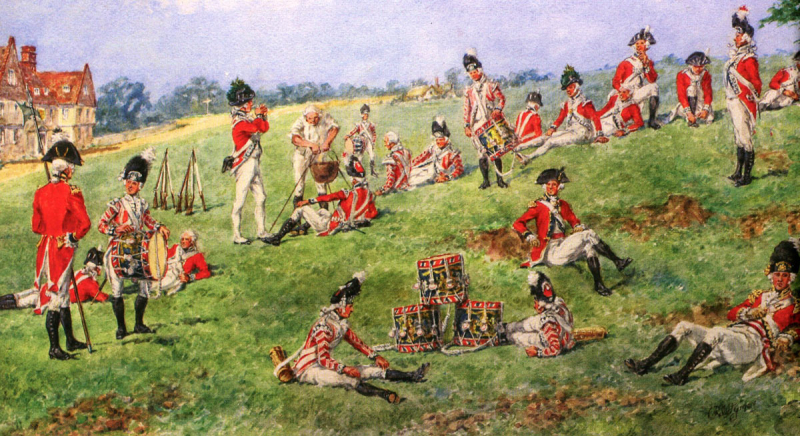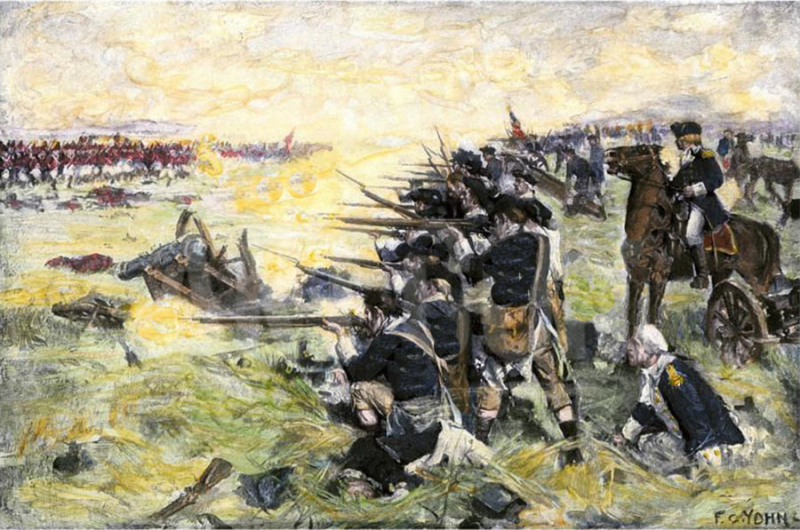Even Though They Fought Valiantly, The Americans Lost The Battle Of Brandywine, Which Was Fought Only Ten Miles From Philadelphia
The following fact in the list of facts about The Philadelphia Campaign is that Even though they fought valiantly, the Americans lost the battle of brandywine, which was fought only ten miles from Philadelphia. The American Revolutionary War battle of Brandywine, fought on September 11, 1777, close to Philadelphia, saw the British triumph over the Americans while retaining control of the Revolutionary army. Sir William Howe, a British general, was persuaded to go to Philadelphia on the impression that Pennsylvania would essentially be eliminated from the war due to the sizable Tory population there. That action left General John Burgoyne's forces in northern New York on their own, which directly contributed to the British defeat at the Battles of Saratoga on September 19 and October 11, victories that persuaded France to support the American war effort and marked a significant turning point in the war.
The British won the Brandywine Battle decisively, taking control of the rebel capital in the process. The Continental Army's brave effort demonstrated that the rebels could withstand the entire force of the British Army and survive, giving them the confidence to fight another day. Nevertheless, the victory offered the British few strategic advantages. Howe's wing eventually overcame the newly formed American right wing, which was stationed on various hills, after a fierce battle. At this juncture, the American left wing was destroyed by Lieutenant General Wilhelm von Knyphausen's onslaught on Chadds Ford. Bringing up portions of General Nathanael Greene's division as Washington's army began to retreat, he was able to delay Howe's column long enough for his army to flee to the northeast. General Casimir Pulaski of Poland helped Washington escape by protecting his back. Philadelphia was vulnerable as a result of the loss and the subsequent actions. The city was under British rule for nine months, from September 26 to June 1778, after the British had taken it two weeks later on September 20.












